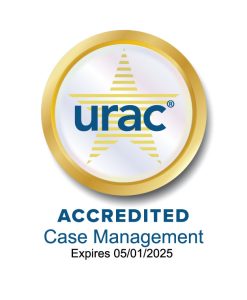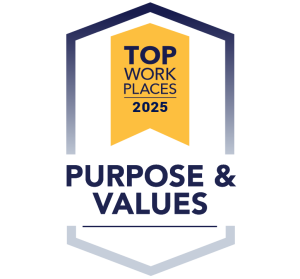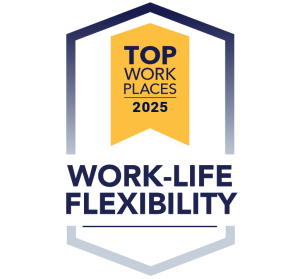By: Renée Dain, SVP, Strategic Partnerships and External Affairs
Medicaid, also known as Medical Assistance, is a critical program in the United States that was created in 1965 to provide healthcare coverage to millions of low-income individuals and families, including children, parents, pregnant women, seniors, and people with disabilities. Medicaid is funded through a partnership between the federal government and individual states. While each state operates its own Medicaid program, they must adhere to federal guidelines. These guidelines are intentionally broad, allowing states significant flexibility in how they design and manage their programs. Consequently, Medicaid eligibility and benefits can differ considerably from one state to another.
Understanding the eligibility requirements, application process, and various programs associated with Medicaid is essential for those seeking assistance. This blog delves into the most common situations that make someone eligible for Medicaid, the differences between SSI, SSDI, Medicaid, and Medicare, and key programs such as HealthChoice, Managed Care Organizations (MCO), EPSDT, and Waiver Programs.
What’s the difference between SSI vs. SSDI and Medicaid vs. Medicare?
SSI (Supplemental Security Income), is a federal program that provides financial assistance to individuals who are elderly, blind, or disabled and have limited income and resources. SSI recipients are often automatically eligible for Medicaid. Click HERE to learn more about eligibility and to apply.
SSDI (Social Security Disability Insurance), SSDI is also a federal program, however it provides benefits to individuals who have worked and paid Social Security taxes but are now disabled and unable to work. Unlike SSI, SSDI recipients are eligible for Medicare after a 24-month waiting period, though some may also qualify for Medicaid based on income and resources. Click HERE to learn more about eligibility and to apply.
Medicaid is a joint federal and state program that provides healthcare coverage to low-income individuals and families. It covers a wide range of services, including doctor visits, hospital stays, long-term care, and preventive care. To learn more about eligibility and to apply, click HERE.
Medicare is a federal health insurance program primarily for individuals aged 65 and older and for some younger people with disabilities. It consists of different parts that cover hospital care (Part A), medical services (Part B), and prescription drugs (Part D). Unlike Medicaid, Medicare is not based on income. Click HERE to learn more about Navigating the Transition between Medicaid and Medicare in our June 2024 Blog. You can also click HERE to sign up for Medicare.
What is HealthChoice and Managed Care Organizations (MCO)?
Managed Care Organizations (MCO) are private insurance companies that contract with state Medicaid programs to provide healthcare services to enrollees. MCOs manage and coordinate care to ensure that beneficiaries receive appropriate and timely medical services.
HealthChoice is Maryland’s Medicaid Managed Care Program, which provides Medicaid enrollees with health care services through MCOs. It aims to offer comprehensive care and improve health outcomes by coordinating services.
In Maryland’s HealthChoice program, health care services are provided through managed health care organizations, called MCOs. Use the chart to help pick your MCO. If you do not pick an MCO within 28 days, you will be automatically assigned to one. Ask your doctors which MCOs they accept, or use the MCO provider search tool.
What is EPSDT?
Early and Periodic Screening, Diagnostic, and Treatment (EPSDT) is a mandatory Medicaid service for children and adolescents under age 21. It ensures that children receive regular health check-ups, immunizations, and necessary medical treatments. The goal of EPSDT is to detect and treat health issues early, preventing more serious conditions later in life. While the intention of EPSDT is to provide prevention and detection of health issues, the benefits to Medicaid recipients under the age of 21 years includes possible eligibility of many services such as Physical Therapy, Dental, Vision, and Private Duty Nursing that are not available to adult Medicaid recipients without being enrolled in special programs.
Learn More
In our upcoming Community Enrichment Series on Medicaid 101, Sharyn King, Senior Vice President, Population Health at The Coordinating Center will present more information about these terms. She will also provide an overview of what a Medicaid Waiver is and the various Medicaid Waivers and Programs that The Coordinating Center is a provider of case management services for. We hope to see you on Tuesday, July 16th at Noon – 1:00 p.m. To register click HERE.
Sharyn King, RN, BSN, CCM, Senior Vice President, Population Health, is a registered nurse with extensive leadership experience in Case Management services. Ms. King’s experience includes over 31 years’ experience in community Case Management. Ms. King is a member of the Maryland Department of Health’s Child Fatality Review Team, appointed by the Governor.







